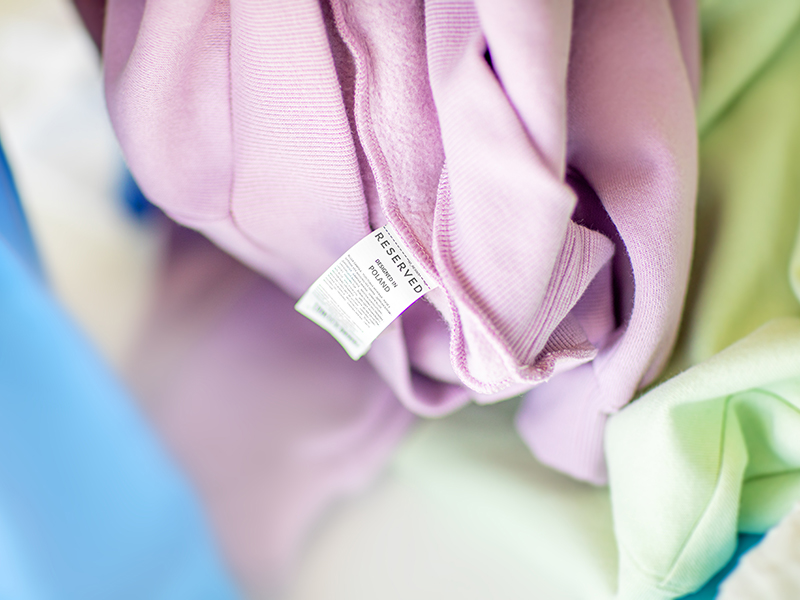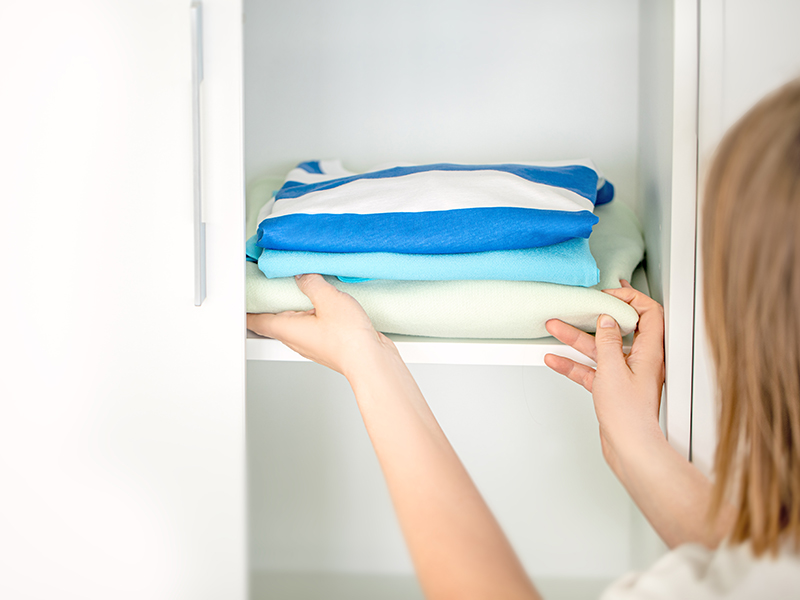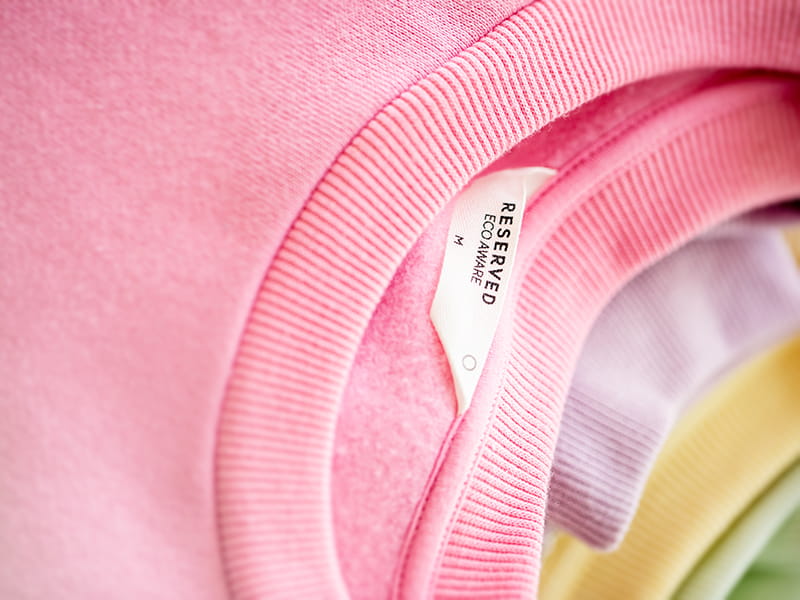Care for clothes - report

Take care of your clothes is a campaign introduced by LPP to promote the conscious use of clothes, in order to preserve their quality and durability, thus reducing the negative impact of production on the environment. Its aim is to raise awareness that proper (and responsible) care of clothes is more than just washing. It is also about drying, ironing and storage. As part of the campaign, you will learn practical tips and evidence that changing your habits benefits the environment and your household budget.
RESULTS OF THE STUDY
Proper clothing care saves water, energy and reduces CO2 emissions into the atmosphere. Our everyday decisions and specific actions have a measurable impact on the environment in which we live. However, we do not always realise that our bad habits can have a long-term negative impact on our surroundings. Meanwhile, each of us leaves a carbon footprint every day. Proper care of clothes also helps to prolong their life, influencing their durability. How do Poles deal with clothing care? Do they pay proper attention and do it right? Do they read the labels on their clothes and follow the attached guidelines? In cooperation with the ARC Rynek i Opinia research company, LPP conducted an opinion poll on a representative group of Polish citizens to find out how they take care of their clothes and what habits they have in this respect. This provided up-to-date data on clothing use, as well as on Poles’ awareness of clothing care. The results of the survey showed that many people do not fully know how to wash, dry or iron their clothes properly. On the other hand, many respondents express the need to deepen this knowledge.
MAIN CONCLUSIONS
- We have a general knowledge of environmentally friendly measures, but we still know little about what sustainable fashion is, for example.
- We want to live greener, but at the same time many of us are not going to pay more for more environmentally friendly clothes.
- There are still quite a few people throwing clothes that are no longer worn into the rubbish.
- We declare that we know how much detergent we need, but we largely use it at a rough guess.
- A large number of us cut the tags off our clothes, usually because they scratch.
- We would love to use a QR code that, when scanned, displays more information about the garment and how to care for it.
- Many of us do not sort our laundry before ironing, which causes clothes to deteriorate more quickly.

DO YOU HAVE DOUBTS?


Centre for Circular Economy
Łukasiewicz Research Network – Łódź Institute of Technology
Recommendations for how much of a particular type of detergent is needed per wash, taking into account the hardness of the water and the level of soiling of the clothes, are determined by the manufacturer on the basis of tests carried out in advance. These can easily be found on the packaging of the laundry detergent. It is worth using them. If you use too little detergent, your clothes will not be washed. Too much detergent is difficult to rinse out and can leave marks on clothes.


Centre for Circular Economy
Łukasiewicz Research Network – Łódź Institute of Technology
Information about the correct care of clothes, i.e. washing, drying, ironing, bleaching and professional maintenance, including dry cleaning and water washing, can be found right on the labels. Therefore, the wrong thing to do is to cut them off, declared by 42 per cent of respondents. Proper care of clothes is a consumer action to protect the environment and extend the life of clothes.



Head of postgraduate studies Environmental law
at the Postgraduate Training Centre of Lazarski University
One of the 17 Sustainable Development Goals outlined in Agenda 2030 is responsible production and consumption. In this context, thoughtful purchasing, on the one hand, and proper care of clothes, including home methods, on the other, are important. Proper clothing care can reduce the negative impact of the effects of clothing consumption on the environment. In addition, it will allow real savings in the household budget.


Central Europe Deloitte
It is puzzling that although 88 per cent of Poles agree that proper care prolongs the life of clothes, at the same time only 23 per cent of those surveyed admit to using the exact amount of laundry detergent recommended by the manufacturer. The remainder rely on their subjective feeling and dosage at a rough guess. It can therefore be concluded that we are not fully aware of what the phrase ‘proper care’ really means and how to take care of clothes, so that they last longer.